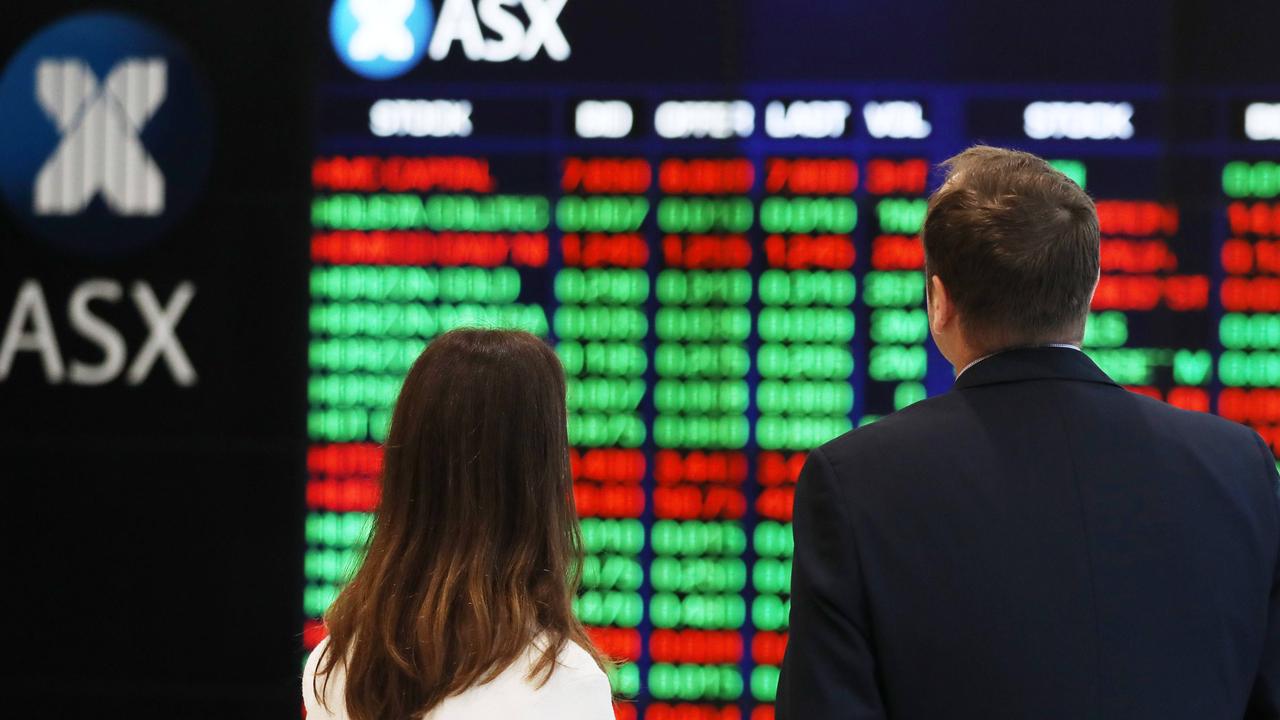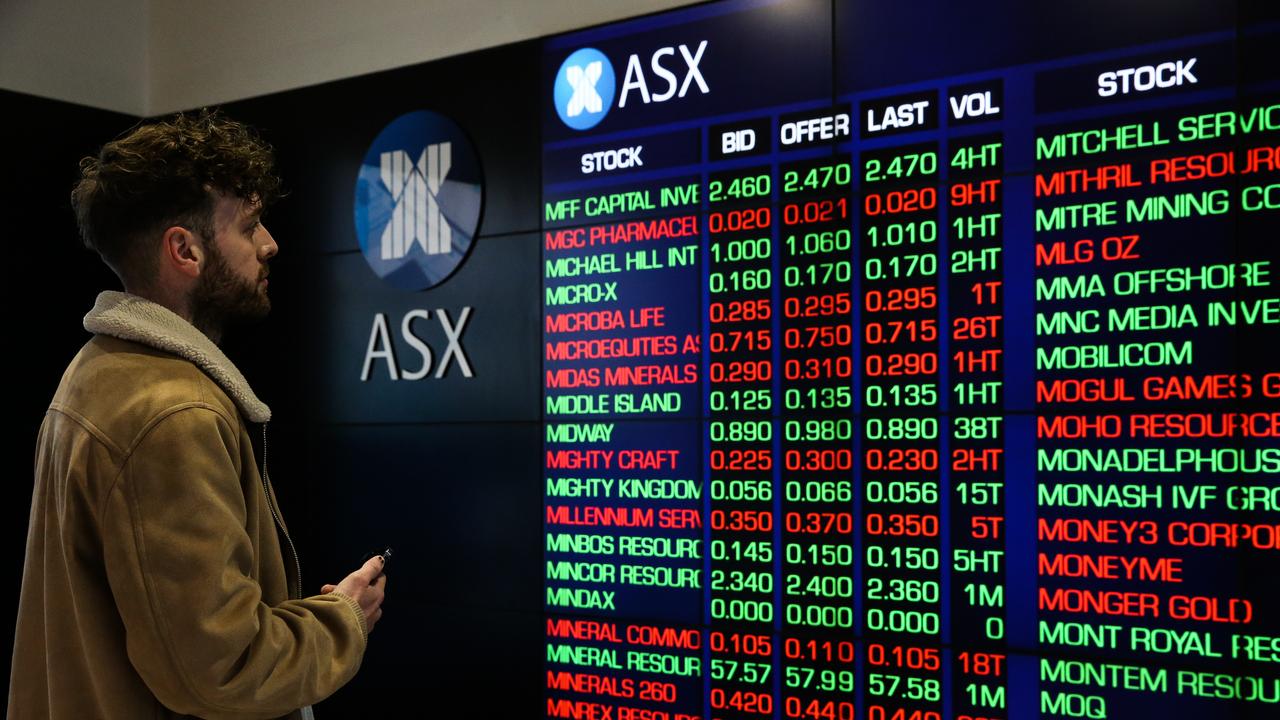IMF predicts major nation that will have slower growth than even Russia in 2023
It’s one of the biggest economies on earth and yet it’s been humiliated by a new report that says war torn Russia will grow quicker.
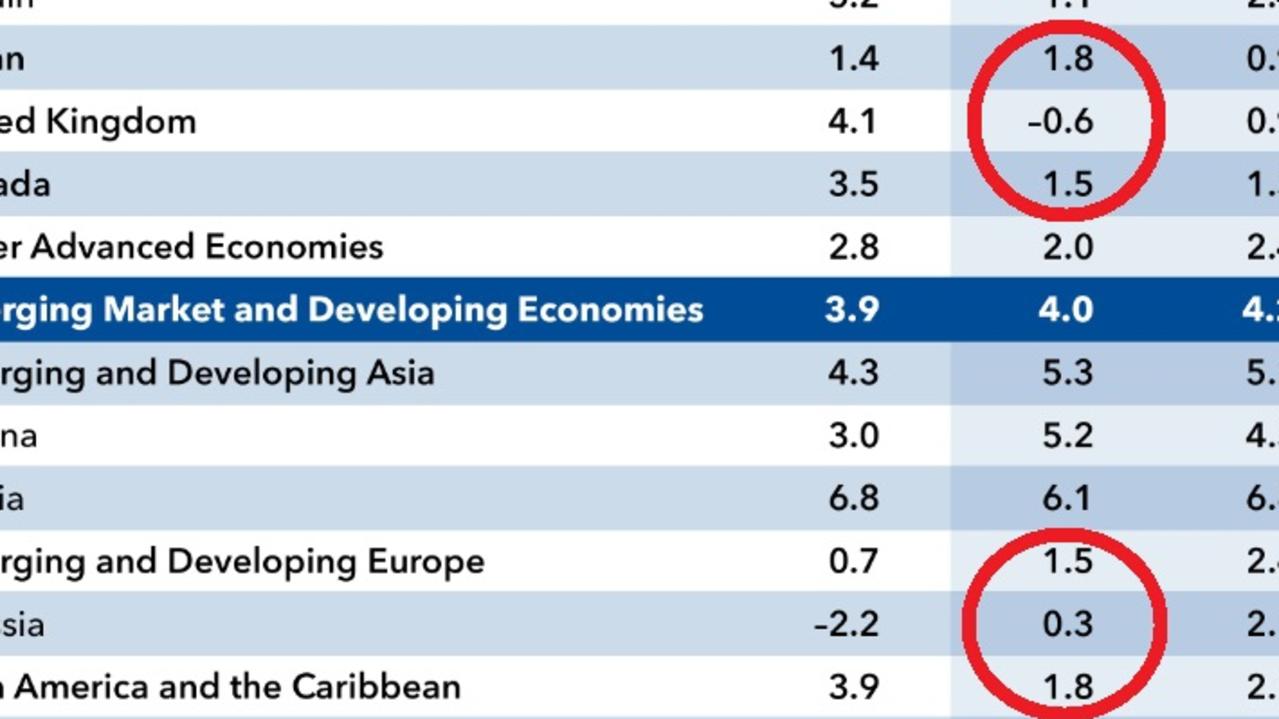
Russia has invaded a neighbouring country, seen more than 100,000 of its soldiers die, been shunned by a large chunk of the international community and been exposed to some of the world’s toughest sanctions – and still its economy is doing better than Britain’s.
An update on the world economic outlook from the International Monetary Fund has found the UK will be the only advanced economy that will shrink in 2023.
The IMF report has forecast the British economy will contract by 0.6 per cent rather than grow slightly grow as had been previously predicted.
In contrast, Russia’s economy is predicted to increase by 0.3 per cent.
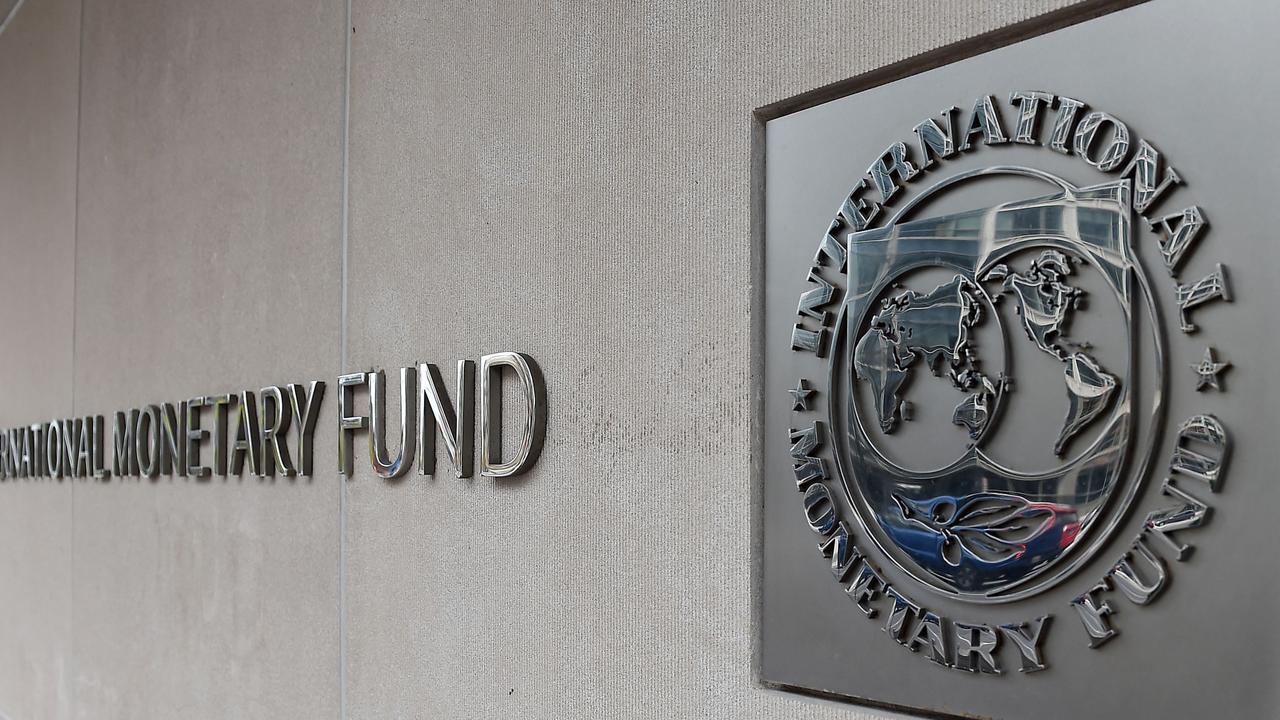
Overall the world economy is set to grow by 2.9 per cent this year led by strong growth in China and India. But that’s down from growth of 3.4 per cent in 2022.
In good news for consumers, the IMF has said the rate of inflation should slow from 8.8 per cent in 2022 to 6.6 per cent this year. Although that’s well above the 3.4 per cent seen before the pandemic.
Australia was not singled out in the report. But the category of “other advanced economies” – that includes Australia as well as New Zealand, Hong Kong, Korea and Singapore among others – is forecast to grow by 2.0 per cent this year and 2.4 per cent next year. But this is down from 2.8 per cent growth in 2022.
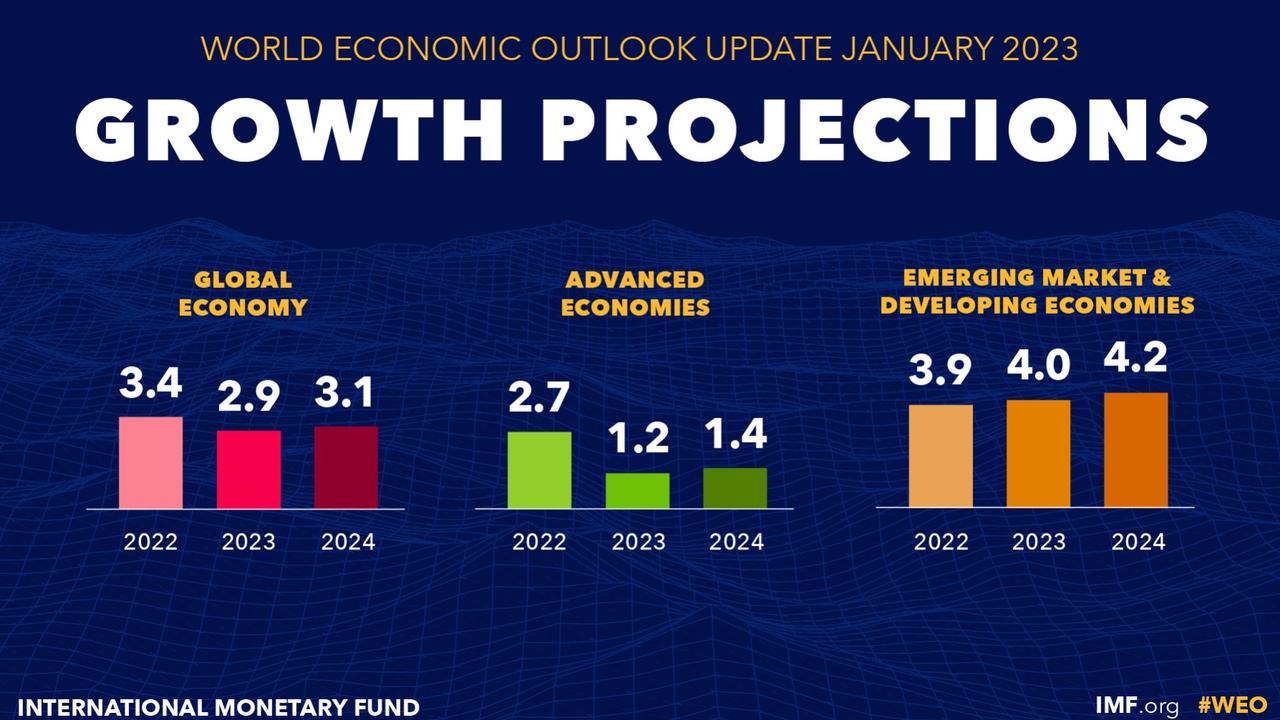
Headquartered in Washington DC, the IMF is part of the United Nations and aims to secure global financial stability. It analyses the finances of countries and lends money to nations struggling economically.
In its report, the IMF said inflation and Russia’s war in Ukraine were the two biggest factors weighing down global economic activity.
Nonetheless, in 2022 economies held up well particularly in the US, the European Union and emerging markets. This was led by China opening up following Covid, strong US job figures and a mild winter in Europe keeping down fuel bills.
Markets and supply chains had also bounced back more quickly than expected after initial shocks from Russia’s war.
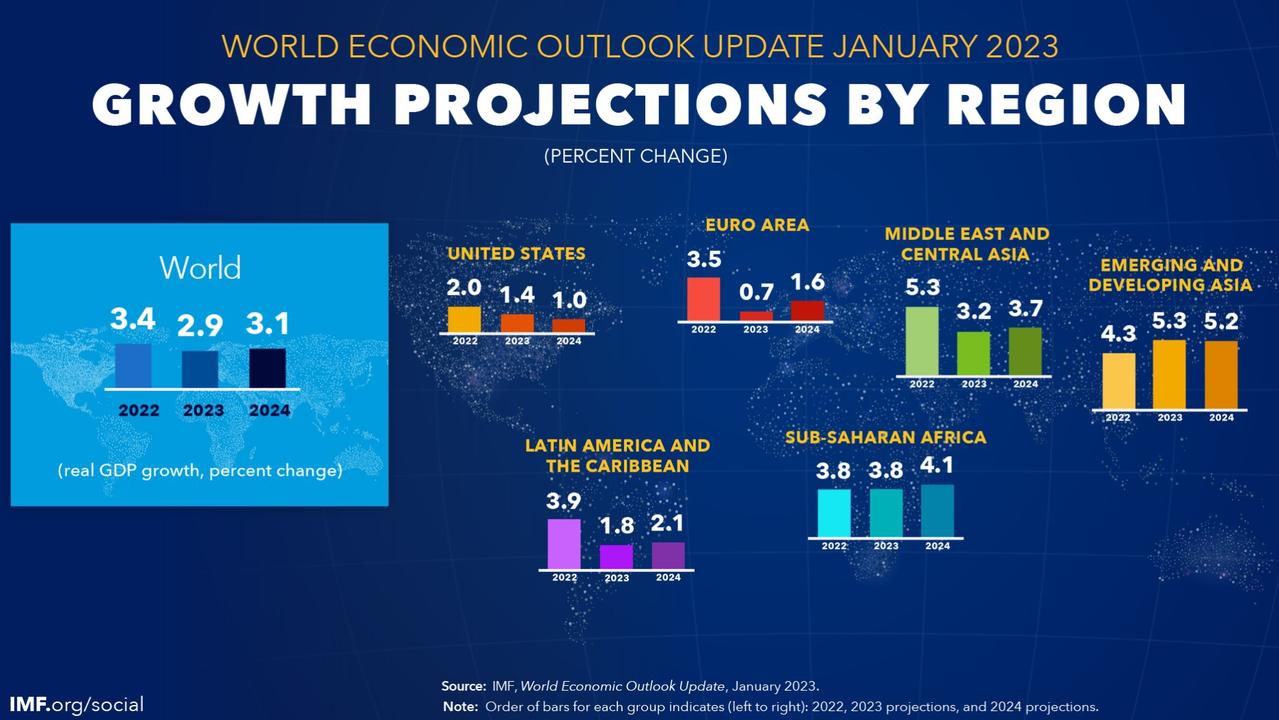
UK economy faring worse than Russia
Most advanced economies are expected to grow in 2023 but by a lesser extent than in 2022. In 2024, economies could pick up steam.
The US economy is forecast to grow by 1.4 per cent in 2023, down from 2.0 per cent last year; the euro zone by 0.7 per cent this year and Japan by 1.8 per cent.
But not the UK.
“Growth in the United Kingdom is projected to be -0.6 per cent in 2023, a 0.9 percentage point downward revision from October, reflecting tighter fiscal and monetary policies and financial conditions and still-high energy retail prices weighing on household budgets,” stated the IMF.
It is the only one of the G7 group of leading nations that is forecast to go backwards.
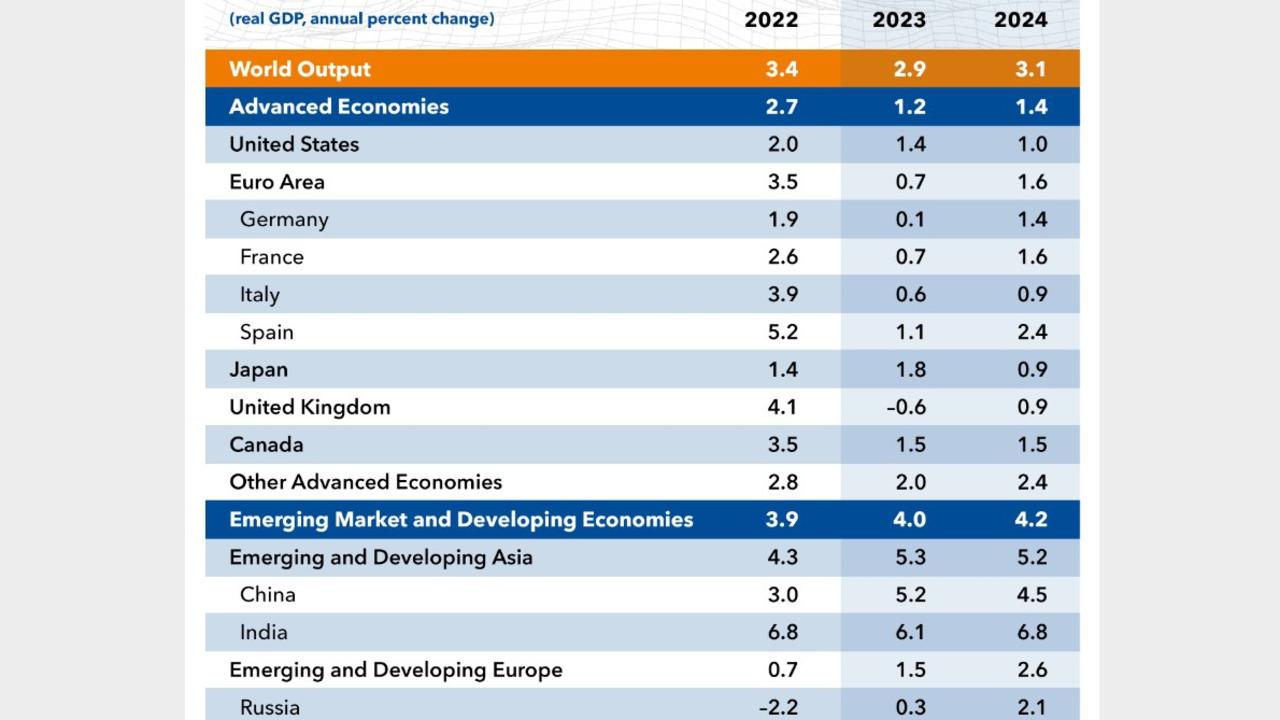
Russia saw its economy throttle back by 2.2 per cent last year as the war and sanctions hit. But this year it could grow by a modest 0.3 per cent.
The IMF stated that Moscow’s success in finding a new home for its oil exports in countries that haven’t levelled sanctions is helping its bottom line.
The UK Chancellor of the Exchequer – equivalent to Australia’s Treasurer – Jeremy Hunt, from the ruling Conservative party, said the IMF’s forecast showed the UK was “not immune” to pressures hitting all major economies.
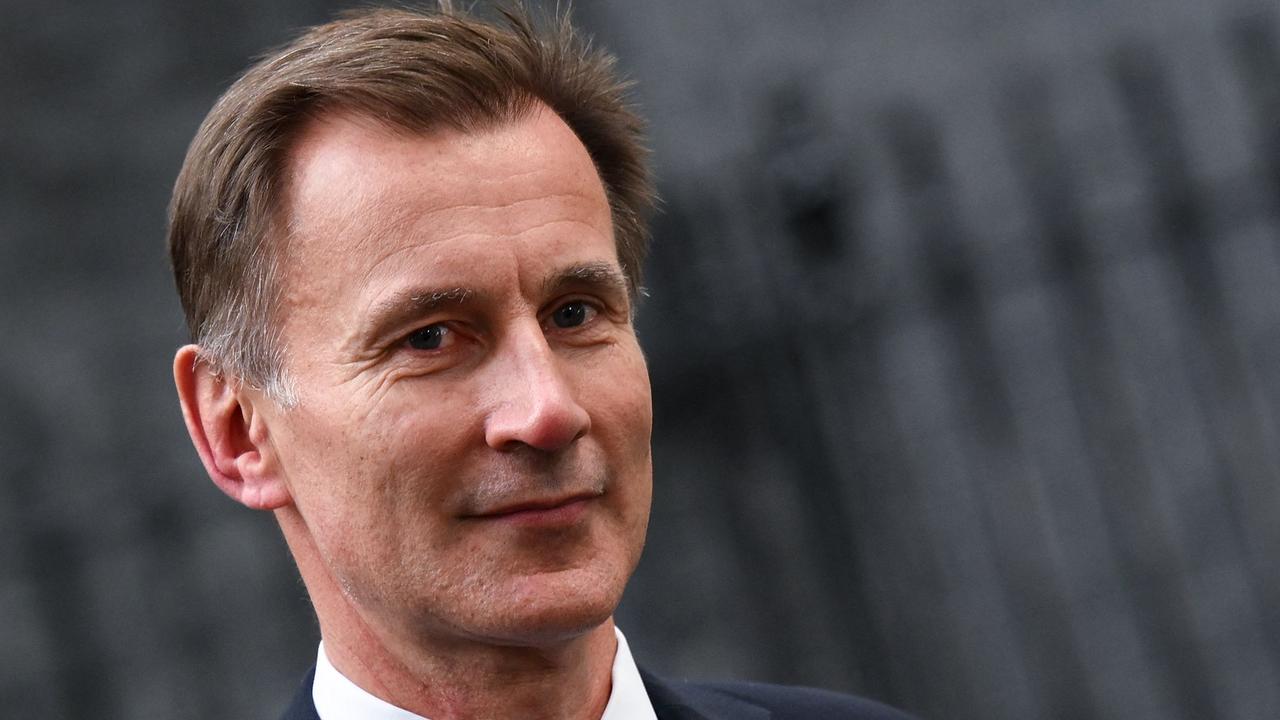
“Short-term challenges should not obscure our long-term prospects – the UK outperformed many forecasts last year, and if we stick to our plan to halve inflation, the UK is still predicted to grow faster than Germany and Japan over the coming years”.
The IMF has predicted the UK economy will rise again in 2024 by 0.9 per cent. That’s around the same rate as the US and Japan are predicted to do so in the same year but lagging behind France, Germany and Canada as well as emerging markets.
NEW: IMF forecast for this year shows the UK is the *only* G7 country with negative growth.
— Rachel Reeves (@RachelReevesMP) January 31, 2023
🇯🇵 1.8%
🇨🇦 1.5%
🇺🇸 1.4%
🇫🇷 0.7%
🇮🇹 0.6%
🇩🇪 0.1%
🇬🇧 -0.6%
This points to difficult times for our economy.
Britain has so much potential. But we're being held back and lagging behind. 1/2
The UK’s shadow Chancellor of the Exchequer Rachel Reeves, from the Labour Party, said the Conservatives’ policy of “low growth and high taxes is laid bare” by the IMF forecast.
“Britain has so much potential. But we’re being held back and lagging behind,” she said on Twitter.

UK economy ‘not great
Speaking to BBC Radio 4, Paul Johnson from think tank the Institute for Fiscal Studies said the IMF’s forecasts were not always accurate.
“My best guess is that the economy will be broadly stagnant this year. That we’re not going to get much in the way of growth but we’re not going to have a deep recession either.
“Now that’s not great, particularly as we should be bouncing back more strongly from Covid.”
IMF economist Pierre-Olivier Gourinchas said India was a “bright spot” of the world economy with growth of 6.1 per cent forecast this year and 6.8 per cent in 2024.
“Together with China, it will account for half of global growth this year, versus just a tenth for the US and euro area combined.”
China’s growth of 5.2 per cent could be shaky though and is dependent on how the country manages its exit from Covid zero policies.
“China’s recovery could stall amid greater-than-expected economic disruptions from current or future waves of Covid-19 infections or a sharper-than-expected slowdown in the property sector,” said Mr Gourinchas.


